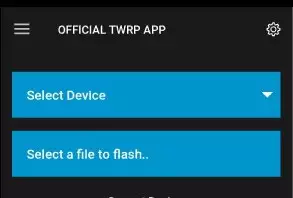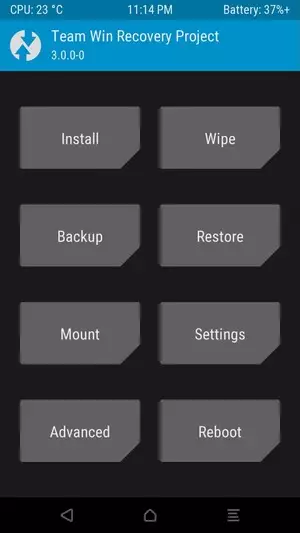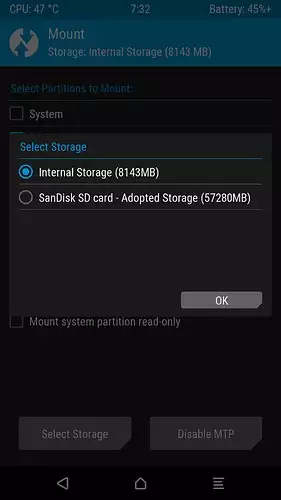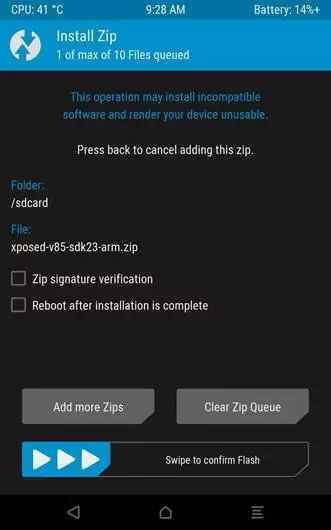Flash firmware on Samsung Galaxy A3 (2017)
Mobiles >> Samsung >> Samsung Galaxy A3 (2017)| Specifications | Reviews | Secret codes |
| Unlock phone | Root phone | Bypass FRP |
| Backup | Flash Firmware | Screenshot |
How to flash Samsung Galaxy A3 (2017)?
Why reinstall the firmware?
Errors in the Android OS start to appear regularly.
Some applications stop opening.
Some applications from the Play Market do not start.
The phone restarts or shuts down randomly.
The phone is slow.
You want to update the firmware, as it does not suit you in terms of functionality.
Where can I find the firmware?
On the official Internet resource of the phone manufacturer.
On sites where users post custom or official OS.
What should be done before installing the firmware?
Create a backup copy of user data, contacts and photos and transfer it to your computer.
Insert an SD card into your phone to write the firmware to it.
Find information about your smartphone model.
Charge your phone fully.
Find and download the archive with Firmware. And place it on the SD card.
Installing TWRP Recovery
Download and install the Official TWRP App from the Play Market.
When you start the application for the first time, you must consent to future manipulations, as well as consent to granting the application Superuser rights. Check the checkboxes and press the 'OK' button.
After moving to the next screen, select the 'TWRP FLASH' item and provide the application with root rights.

On the main screen of the application, click 'Select Device', and find your phone model.
After selecting the phone, the application will redirect the user to a web page to download the modified recovery environment image file. Download the proposed *.img file.
After downloading the image file, go to the main screen of the Official TWRP App and press the 'Select a file to flash' button. Then we tell the program the path where the file loaded in the previous step is located.
Press the 'FLASH TO RECOVERY' button and confirm your choice, press 'OK'.
After the burn process is complete, the message 'Flash Completed Succsessfuly!' appears. Click 'OK'. The TWRP installation procedure can be considered complete..
Copy the firmware and other necessary files to the SD card.
Insert a memory card into your phone.
To reboot into recovery, you need to enter the menu accessible by pressing the button with three stripes in the upper left corner of the main screen of the application. Select the 'Reboot' item, and then click on the 'REBOOT RECOVERY' button. The phone will reboot into the recovery environment automatically..
Firmware via TWRP

Before flashing, you need to clear the 'Cache' and 'Data' sections, press 'WIPE' on the main screen. You will delete all user data from the phone, this will avoid software errors and other problems.
Now you can start flashing. Click the 'Install' button.

The file selection screen appears. At the very top is the 'Storage' button, select the location where the firmware file is located.
Select the location where the files were copied.

Find the file we need and click on it. A screen opens with a warning about possible negative consequences, you need to check the item 'Zip signature verification', which will avoid using corrupted files when writing to the phone's memory sections.
The procedure for writing files to the phone's memory will begin, this is accompanied by the appearance of inscriptions in the log field and the movement of the progress bar.
When the procedure for installing the firmware is completed, the message 'Successful' appears on the screen.
Summary: Announced: Not announced yet; Status: Rumored; Dimensions: -; Weight: -; Build: Corning Gorilla Glass 4 back panel; SIM: Single SIM (Nano-SIM) or Dual SIM (Nano-SIM, dual stand-by); Type: Super AMOLED capacitive touchscreen, 16M colors; Size: 4.7 inches; Resolution: 720 x 1280 pixels (~312 ppi pixel density); Multitouch: Yes; Protection: Corning Gorilla Glass 4; Operating system (OS): Android OS, v6.0.1 (Marshmallow); CPU: Octa-core 1.5 GHz Cortex-A53; GPU: Mali-T830MP2; Card slot: microSD, up to 256 GB (uses SIM 2 slot); Internal: 8/16 GB, 2 GB RAM; Primary: 12 MP, f/1.8, autofocus, LED flash; Features: Geo-tagging, touch focus, face detection, panorama; Video: ; Secondar ...
Comments, questions and answers on the flash firmware Samsung Galaxy A3 (2017)
Ask a question about Samsung Galaxy A3 (2017)




